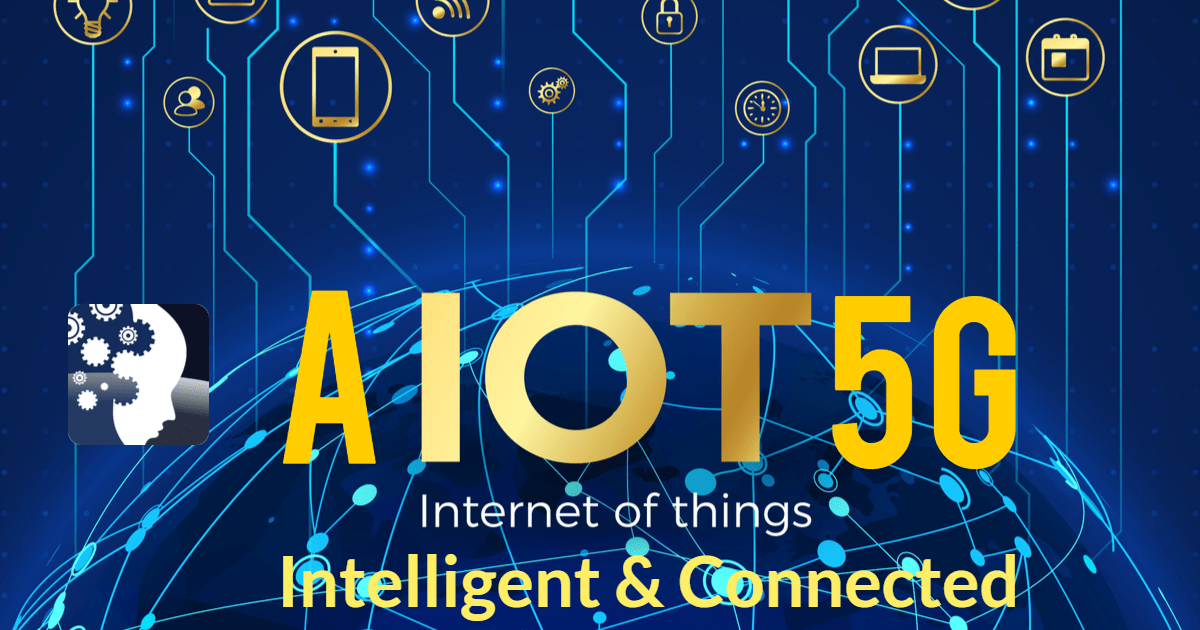The Role of Data Analytics Automation
It is no secret that the world’s data is growing at an alarming rate. The role of analytics is to put this data into context and to ultimately transform data into useful information. In order to achieve and maintain data management scalability, there is a need for data automation including acquisition, storage, analysis, and distribution.
Efficient analytics is a critical part of scalability for any business. Automating data analytics is important in general across all industries, but especially in those that have repeatable processes that create vast amounts of unstructured data.
Accordingly, analytics automation is an integral part of Business Automation for enterprise and industrial verticals. However, challenges exist such as identifying the right data analytics tools, budgetary issues, and bridging the gap between data expertise and automation.
Data Scientists Need for Data Analytics Automation
In an era of ever-increasing deployment of cognitive processes, many companies are finding it difficult to find enough seasoned analytics professionals and data scientists to support these new initiatives.
Small businesses lack the resources, and larger businesses are finding it challenging to keep up with demand. At the same time, there is a growing need to bridge the gap between technologists and business experts so that solutions can be found and applied to real business problems.
The “citizen data scientist” has emerged as a key player in energizing immediate reaction to events through instant analysis. The citizen data scientist is an expert in a business area or process who is armed with self-service tools and has sufficient knowledge of analytics to use them
Self-service Tools for Data Analytics Automation
Self-service tools have been available for decades, gradually evolving as analytics has evolved. The biggest challenges were big data, and data fragmentation, demanding support for new modes of analysis and for integration of new types of data and data stores. This was handled with conventional programming and by creating additional data silos.
With cognitive processes, everything changes. Not only are analytics processes growing more complex, but new requirements are emerging such as management and selection of algorithms and modeling. Cognitive processes (particularly ML) are being added to everything. To support this effort, the ICT industry is on the verge of a new trend in self-service: Intelligent Processes to Create Intelligence
Machine Learning for AI Data Analytics Automation
Applying ML to analytic processes makes it possible to release valuable data scientist time and provide quicker and more accurate analytic techniques for business experts within the company. It provides greater range for the citizen data scientist and promotes greater understanding and application of analytics throughout the enterprise.
Although the current focus in this area is AutoML – applying machine learning to learning machines -this form of automation is growing across all analytics and AI platforms. Saving valuable data science resources has become an imperative.
Tools to make automation and AI available to the citizen data scientist demands are only beginning to emerge. Leveraging experience from simpler self-service tools in business intelligence, data automation providers are using these tools to bring big data, predictive, and machine learning capabilities to the where they are needed the most. Leading companies are developing built-in routines and visualizations that create a comfortable platform for users with relatively few data analytics skills.
The key to doing this is to apply ML at every stage of analysis, from scoping and data management to modeling and execution. Analytics has a wide range of iterative tasks that can be modeled to create automated platforms. Tools available today include a range of possibilities, some focusing upon the analytics side and others focusing more on data preparation.
Software focusing upon Automated Intelligence continues to develop rapidly, particularly among major vendors capable of providing multiple offerings such as IBM, SAS, SAP, and Microsoft. Larger vendors can offer integration of a wide range of analytics, plus AI, and ML capabilities to produce unified solutions. Niche players are also emerging. An important niche for startups is the huge SMB market where companies don’t have resources for dedicated analytics staff but need a range of relatively simple analytic procedures.
AI Data Analytics Automation and Intelligent Tools for Intelligent Services
While applying Artificial Intelligence to AI processes is a natural progression (from use in other business processes), it demands particular care because it can create “black box” analysis. Such a solution provides an apparently reasonable result through entirely opaque methods. Without transparency, it is important to determine if the result is spurious, if it violates regulations, or if its assumptions are reasonable.
This is compounded if data-driven decision-making, data management, and data manipulation are not well established, and if there are insufficient resources to oversee results. Other potential problems include unintentional security breaches, data management issues, and other issues related to the hidden complexities of data and analytics infrastructure.
Intelligent Tools for Intelligent Services
Analytics Automation demands oversight and consultation that crosses corporate boundaries and can work with citizen data scientists, data scientists, and data infrastructure across the firm.
A corporate Analytics Center of Excellence (CoE) is likely to be the solution. The Analytics CoE can establish policies, provide consultation and resources, and monitor results across the firm to ensure that Analytics programs continue to operate efficiently and with useful results—and that data availability and security are assured.
What Comes Next for AI Data Analytics Automation
Intelligent analytics automation is likely to continue as AI enters the workplace and processes become increasingly complex. Ultimately, all employees will need a greater understanding of Data Science, as well as access to an increasing array of sophisticated, automated, and intelligent tools.
The next revolution is likely to include greater capacity for oversight of these deployments, which in itself will require intelligent tools.
More Information about AI Data Analytics Automation
There is a growing need for analytics automation across many market segments. Enterprise and industrial verticals especially see a pressing need as IoT networks, systems, and devices will continue to grow in terms of penetration and usage, which will represent a significantly large amount of unstructured data in need of big data analytics.
The Mind Commerce Data & Analytics research practice covers a wide range of issues and opportunities across the entire ecosystem including:
- ICT Data Management and Analytics
- Data Analytics and Cloud Computing
- Data as a Service
- Data Analytics for IoT
In addition, the Mind Commerce Artificial Intelligence research practice covers
- AI in Cybersecurity
- AI in Industry Verticals
- Future of Artificial Intelligence
Contact Mind Commerce for an initial briefing about your company and/or to discuss your research needs.
Written by: B.J. Dooley
Mr. Dooley is an award-winning author, analyst, and journalist with more than 35 years’ experience analyzing and writing about trends in Telecommunications and IT. He has undertaken projects for many of the major analyst firms, including Gartner, IDC, Cutter Consortium, PwC, Springboard (Forrester), and TNS. His corporate clients include a diverse range of hardware and software companies with wide-ranging requirements.
Mr. Dooley has been a board member for educational institutions and research firms. He has been both a Senior Analyst with Datapro (Gartner), and a Senior Technical Writer for Unisys and Okidata. Brian has also been a communications instructor, a software developer, radio talk show host, and an entrepreneur.







Leave A Comment
You must be logged in to post a comment.